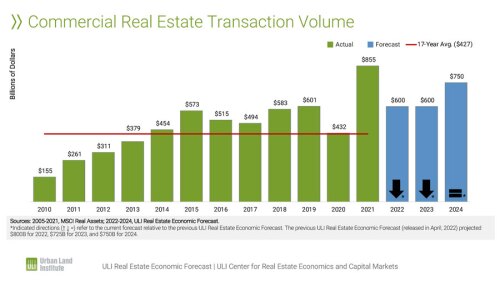The Dodge Momentum Index fell to 155.8 in July, a 6 percent decline from the revised June reading of 164.9. The index, issued by Dodge Data and Analy tics,is a monthly measure of the initial report for nonresidential building projects in planning, which has been shown to lead construction spending for nonresidential buildings by a full year.
The two components of the index fell in July—commercial planning by 3 percent and institutional planning by 9 percent.
The index posted strong gains through much of the winter and spring as the U.S. economy and building markets began to stabilize following the recession. However, the index has regressed somewhat in the summer months as higher material prices and shortages of skilled labor continue to exert a strong influence over the construction sector.
Despite the declines in June and July, the index remains near levels last seen in 2018. Compared with July 2020, the Momentum Index was 25 percent higher, with institutional planning up 27 percent and commercial planning 25 percent higher.
A total of 11 projects with a value of $100 million or more entered planning during July. The leading commercial projects were a $240 million Microsoft data center in San Antonio and a $200 million Amazon fulfillment center (Project Basie) in Woodburn, Oregon. The leading institutional projects were the $225 million Baptist Health Hardin Medical Pavilion in Elizabethtown, Kentucky, and a $200 million AdventHealth campus in Orlando.



